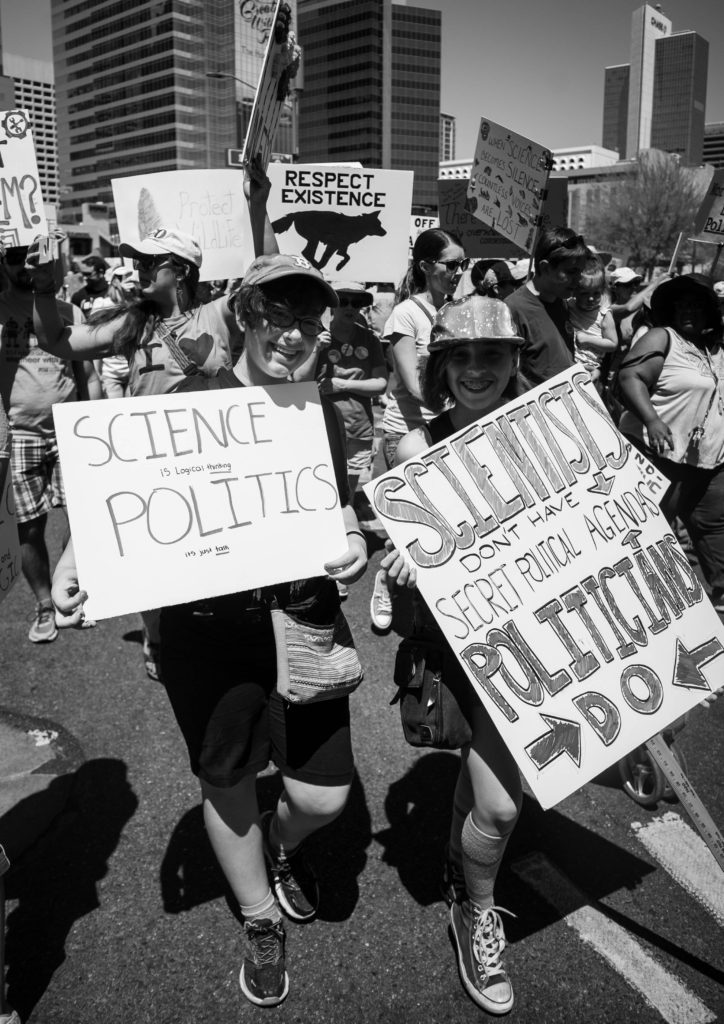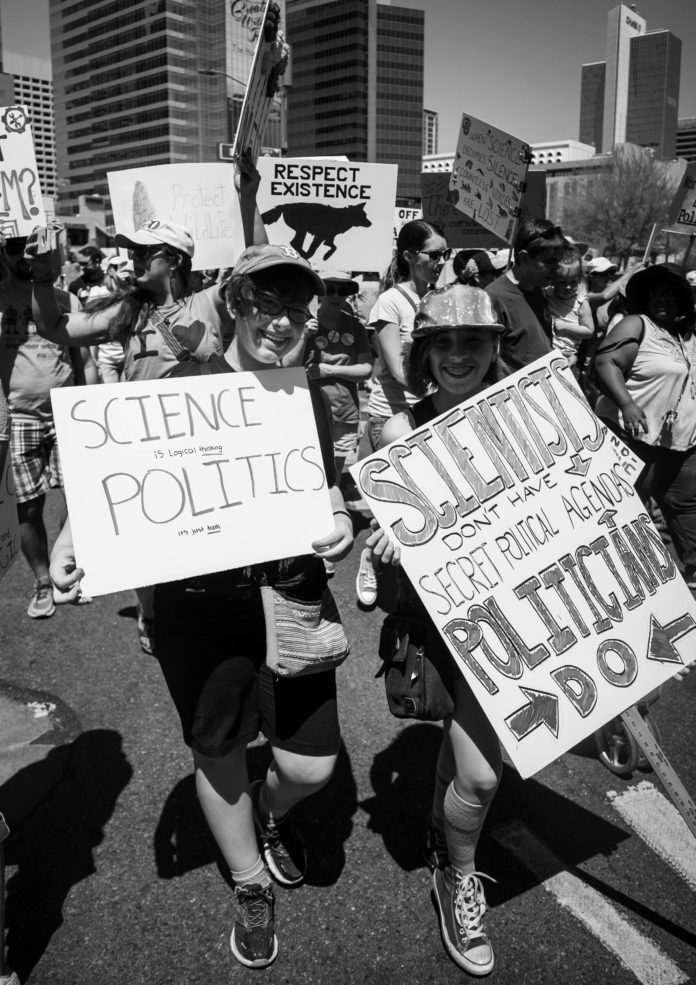By Leopold Obi
Madrid, Spain: New research reveals that the corporations bankrolling this year’s UN climate talks in Madrid, COP25, are some of Spain’s biggest polluters and tied to human rights abuses, and greenwashing around the globe.
The corporations identified by the research include Endesa, Iberdrola, Banco Santander, and Suez.
Through their sponsorship, the corporations are not only able to wrap themselves in the green branding associated with the talks, but they are also afforded increased access that positions them to have greater influence over the negotiations according to climate change lobby groups.
The infographic and fact-file, released this week by Corporate Europe Observatory, Corporate Accountability, Ecologistas En Accion and Observatory of Multinationals in Latin America.
Corporate sponsorship has become an unfortunate norm in the UN climate talks observers say.
At both COP24 in Poland and COP21 in France, where the Paris Agreement was agreed, Europe’s biggest polluters were featured prominently inside and outside of the talks.
Vidya Dikar with Asian Peoples’ Movement on Debt and Development says the corporations must stop financing governments, their lobbyists or elections and instead pay for their pollution and human rights abuses.

“Time and again, corporations ignore communities and the lands that they feed on. They extract resources and use their profits to oil their way into negotiations like COP and use their greenwashing to try and position themselves as acceptable,” he said.
Activists say that sponsorship is a symptom of a larger problem of corporate interference at the UNFCCC.
Inside the talks, trade associations and industry groups representing the interests of the fossil fuel industry and other Big Polluters stalk the halls and push their members’ agenda they say. The result of this corporate omnipresence is clear—year after the year the talks have failed to deliver on their objectives, except where corporations have interests.
Sriram Madhusoodanan of Corporate Accountability, notes that “for just a fraction of yearly profits, Big Polluters are able to wrap themselves in the branding of the COP and use this access to influence the negotiations.”
Madhusoodanan observes that with the rules on the industry-backed carbon trading schemes high on the agenda this year, it’s no surprise that some of Spain’s biggest polluters have lined up with bags of cash.
“If Big Polluters and their industry groups like International Emissions Trading Association (IETA) get what they want, the Paris Agreement won’t curb business as usual, or drastically reduce emissions in line with the Paris commitments leading to further climate catastrophe,” Madhusoodanan argued.
Pascoe Sabido, Corporate Europe Observatory says that every time the COP is in Europe it’s bankrolled by the continent’s biggest polluters, and COP25 is no different.
“We need to keep these companies as far away from our decision-makers as possible – both in the UN and in our national capitals,” said Sabido.
The activists accuse the big polluters of heavily lobbying to use Article 6 of the Paris Agreement to make carbon trading schemes that are devoid of limits or protections central to Paris Agreement implementation.
“Enough is enough — we cannot let corporations use the climate talks as a marketing campaign to greenwash without accountability. We need to make them pay to honor the people most impacted by their environmental crimes.” Said Orion Camero, a youth activist from SustainUS.














